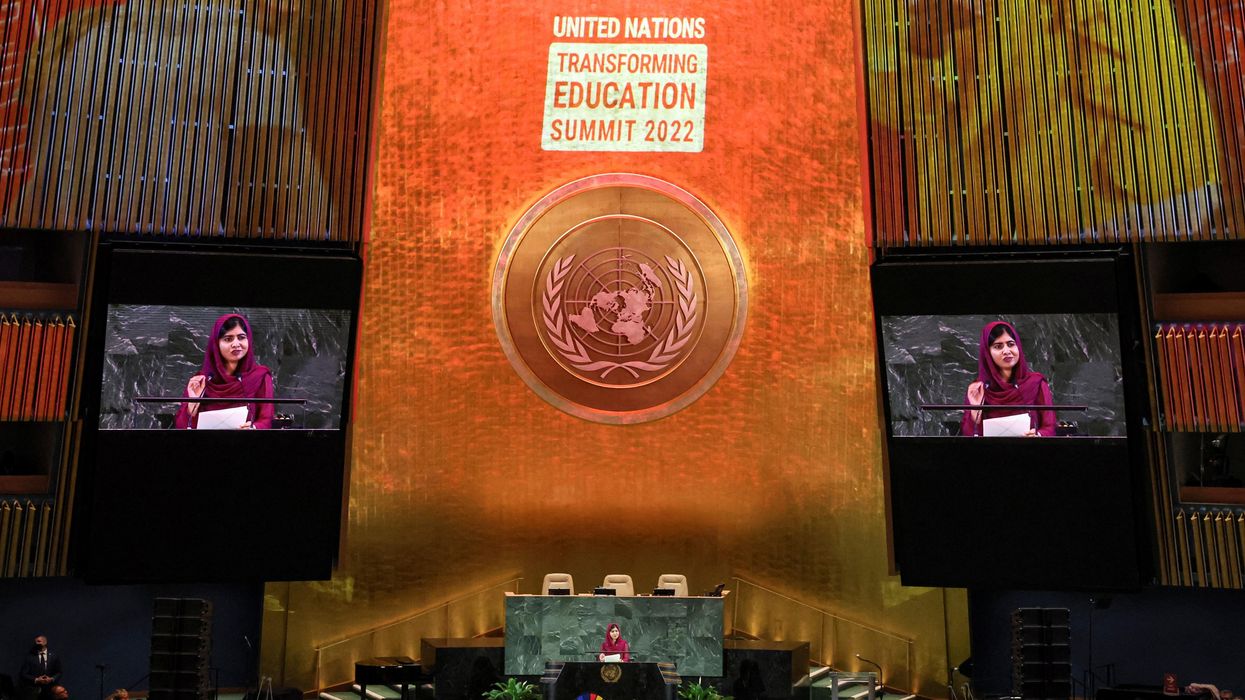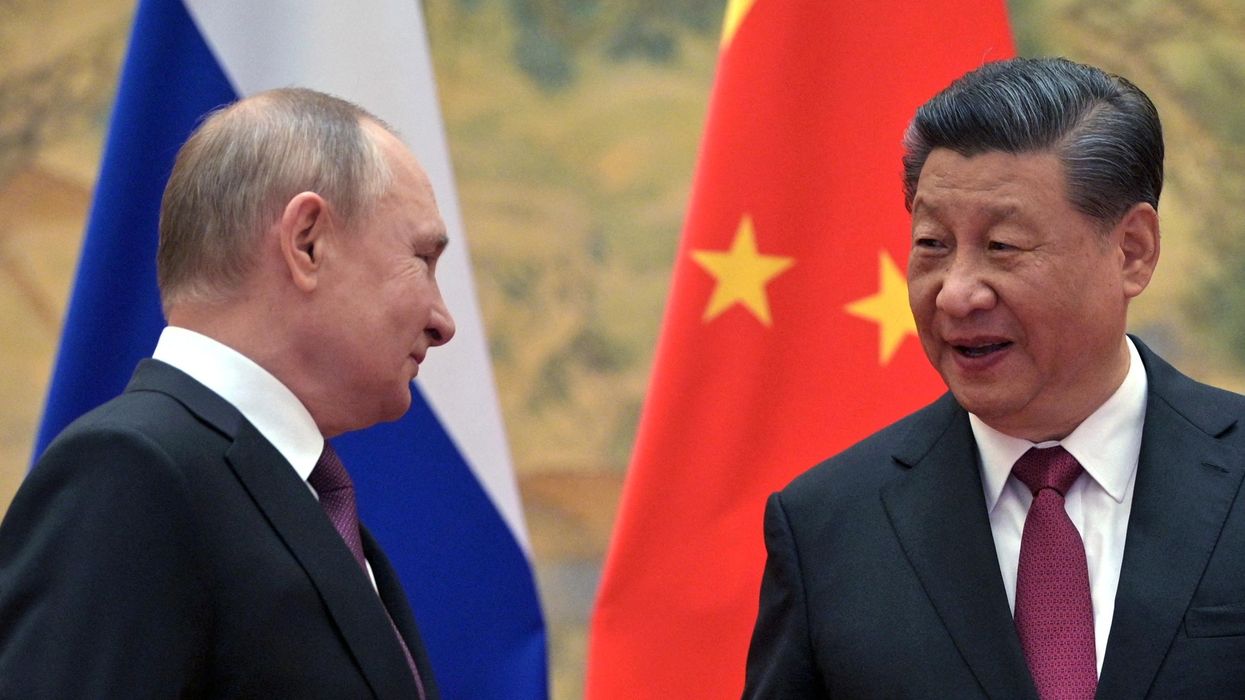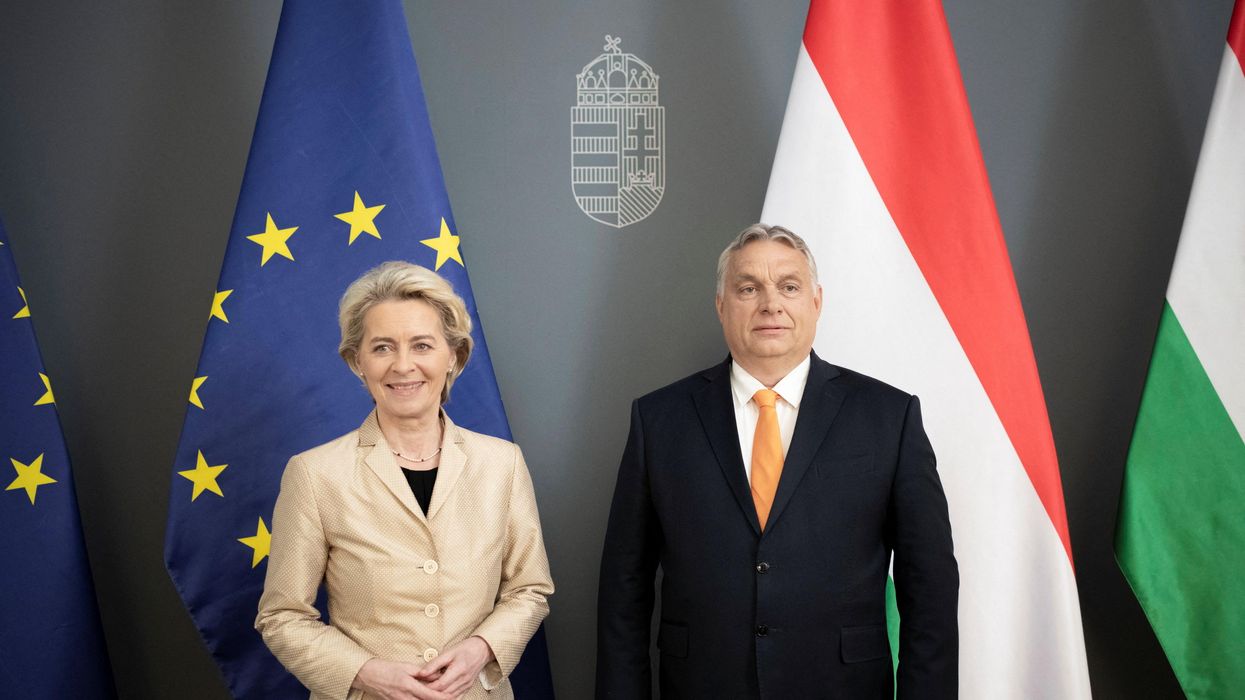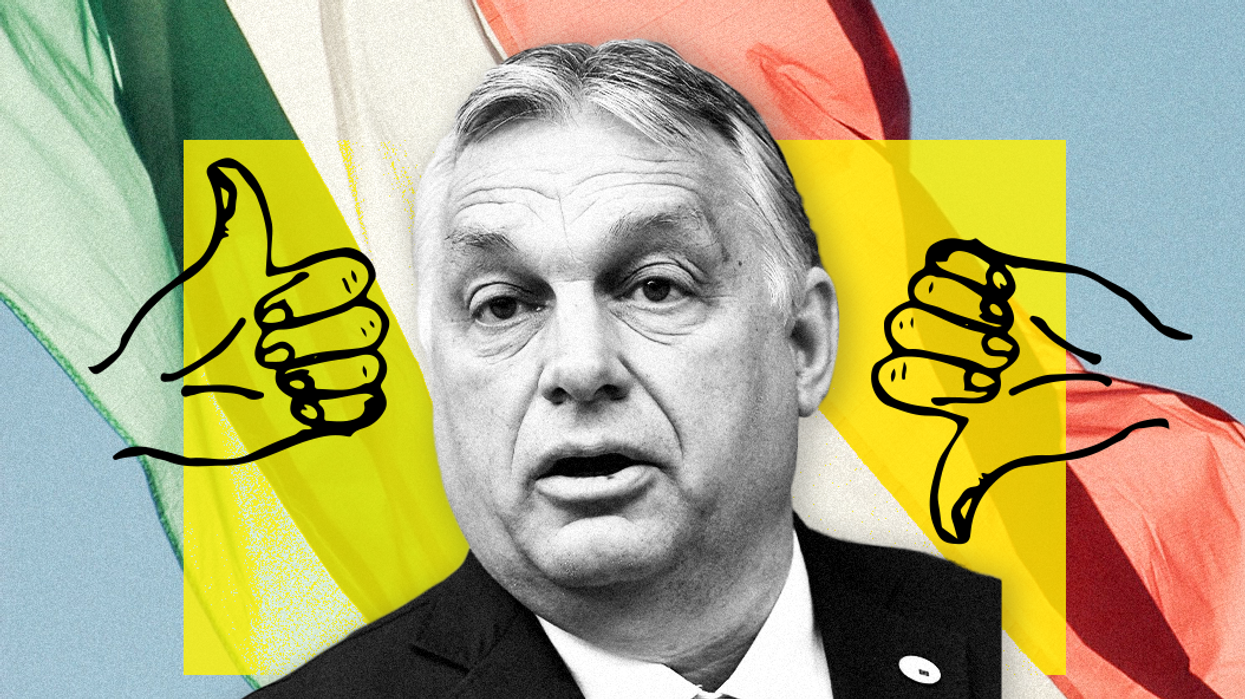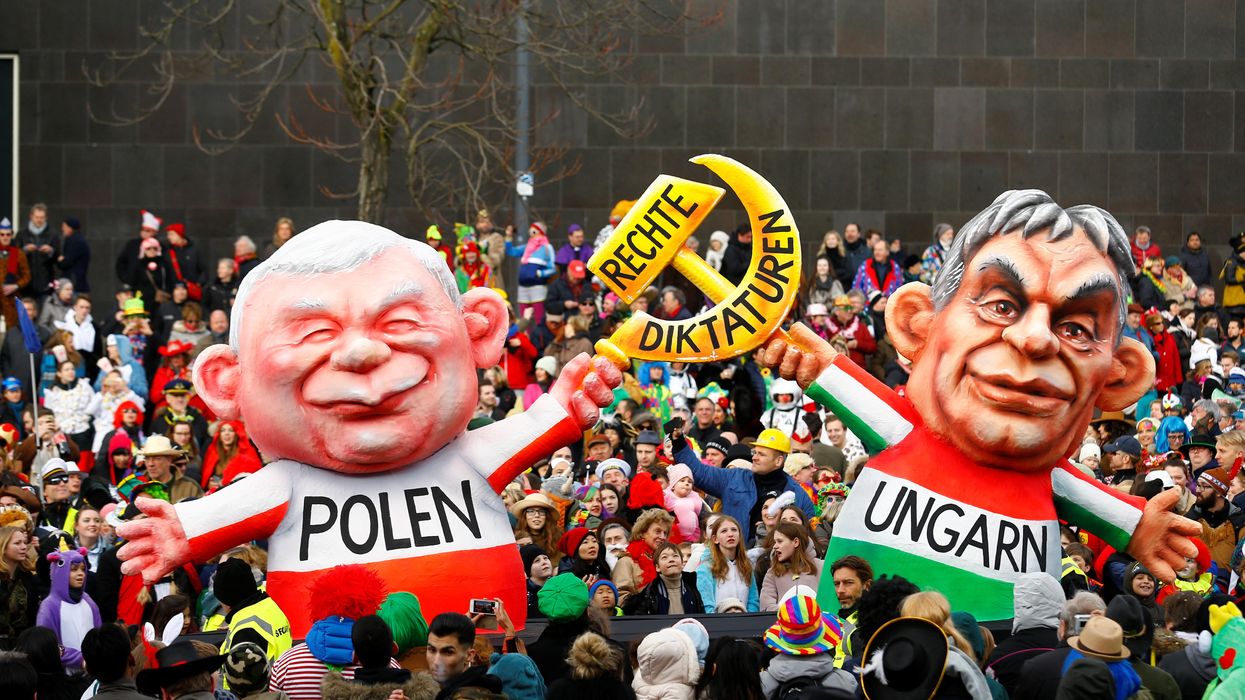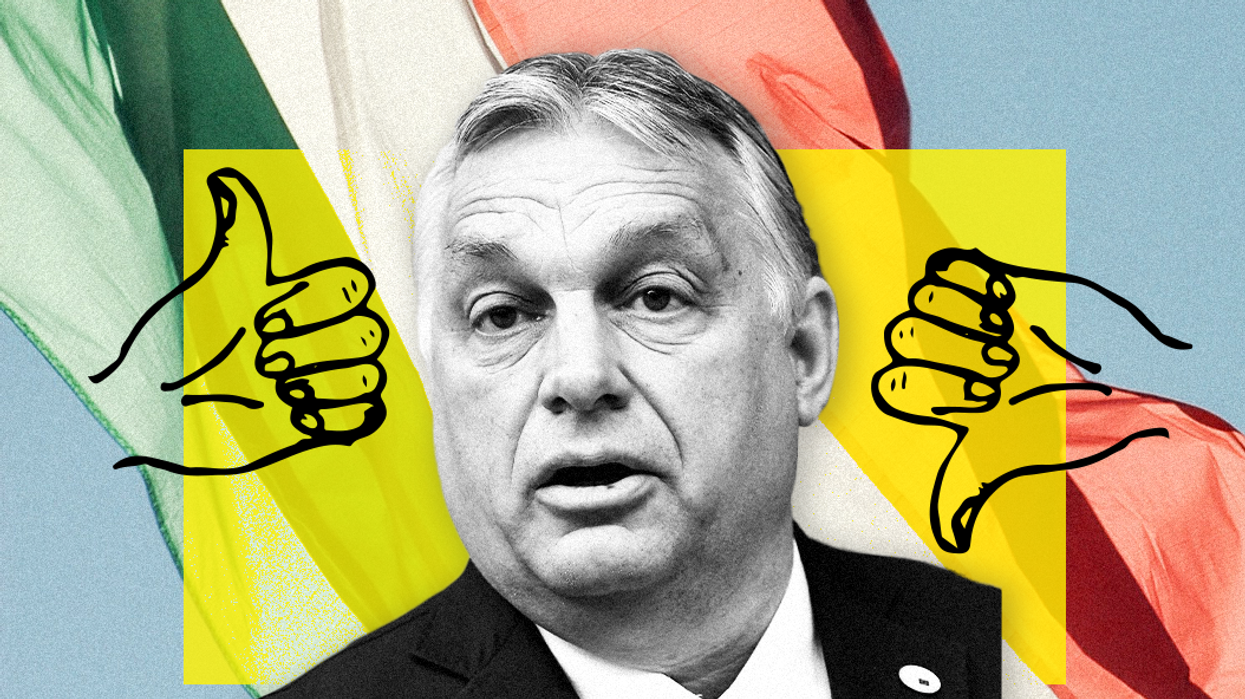News
What We’re Watching: UNGA meets amid global crises, Hungary scrambles to secure EU funds, protests persist in Iran
Three big stories we're watching today: UNGA high-level talks begin; Hungary pledges to implement democratic reforms; protests continue in Iran after Mahsa Amini's death.
Sep 19, 2022
